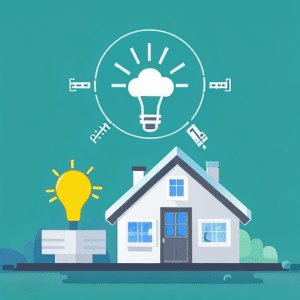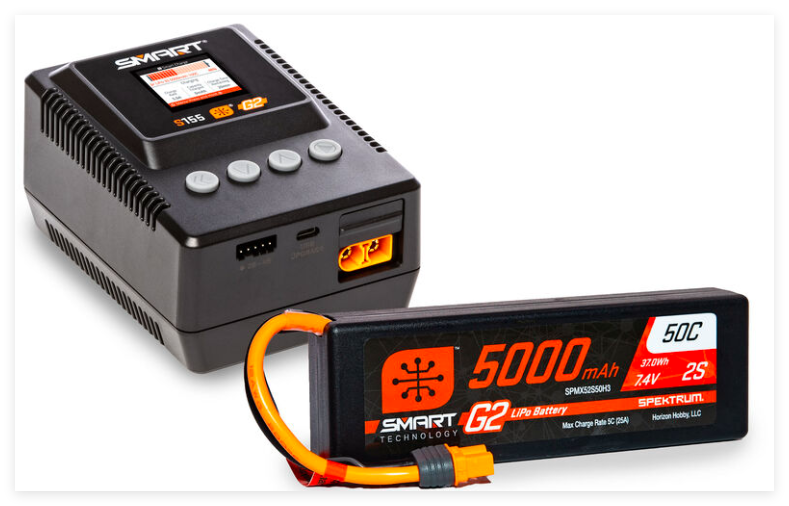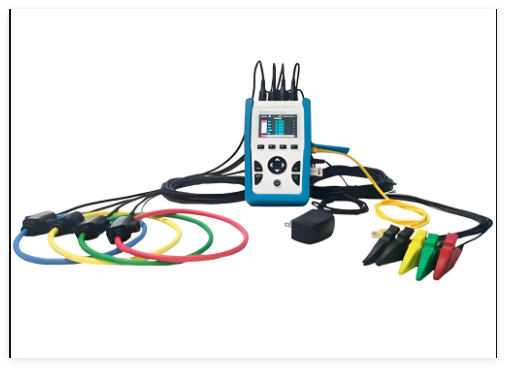How long is the battery life of smart home devices?
In the field of smart home devices, battery life is a crucial topic that not only affects the user experience but also the sustainable development of the entire industry. As a senior executive and expert in the new energy industry, I am well aware of the importance of advancements in battery technology for smart home devices.

Firstly, the battery life of smart home devices typically depends on a variety of factors, including the type of battery, frequency of use, and environmental conditions. For instance, some smart light bulbs or sensors may use AA or AAA batteries, and their lifespan can range from a few months to a year. More advanced devices, such as smart locks or security cameras, may use rechargeable batteries, which could have a longer lifespan, even reaching several years.
According to data from the International Energy Agency (IEA), with the progress of battery technology, the battery life of smart home devices is gradually extending. For example, the energy density of lithium-ion batteries has increased by about 50% in the past decade, which means that batteries of the same volume can store more energy, thereby extending the usage time of the devices.
However, the development of smart home devices also brings new challenges. As the functionality of devices increases, so does their power consumption, which sets higher demands for battery technology. Moreover, with the global emphasis on environmental protection and sustainable development, how to reduce the environmental pollution of batteries and improve their recycling has become a focal point of attention in the industry.
In the field of smart home devices, we are exploring the use of more environmentally friendly and efficient energy solutions. For example, some companies are developing technologies that use solar energy or other renewable energy sources to power smart home devices. This can not only reduce the reliance on traditional batteries but also lower the energy costs for users while reducing the environmental impact.
In summary, the battery life of smart home devices is a multi-dimensional issue that involves technological progress, user experience, and environmental protection, among other aspects. As part of the industry, we have the responsibility to continuously promote technological innovation, improve battery performance, and explore more environmentally friendly energy solutions to achieve sustainable development in the smart home industry.



Post Comment